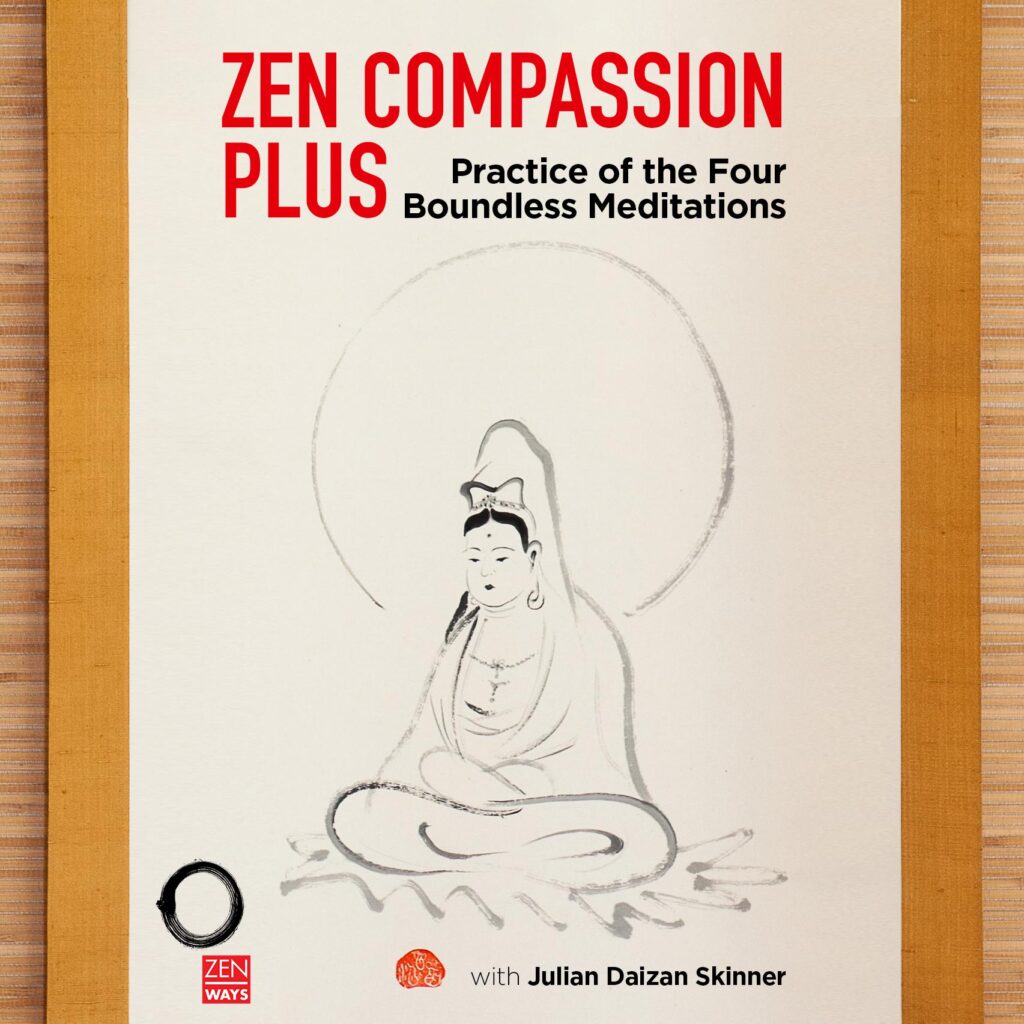
Title: A Mindfulness Approach to Living — Embracing the Four Boundless Minds
In our contemporary, lightning-fast, interconnected environment, numerous individuals feel overwhelmed, anxious, or simply detached from their own existence. During this clamor, an age-old yet significantly transformative approach provides relief: mindfulness. More than just a popular catchphrase, mindfulness represents a lifestyle choice — a deliberate commitment to fully and intimately engage in the present moment. At the heart of this practice is the nurturing of what Buddhist teachings refer to as the “Four Boundless Minds.” These four expansive emotional states — loving-kindness, compassion, sympathetic joy, and equanimity — serve as the bedrock of a mindful existence.
This article examines how these impactful mindsets can mend trauma, reshape our connections, and infuse our lives with deep meaning, tranquility, and happiness.
The Essence of Mindfulness
Mindfulness is the intentional practice of directing attention — to our bodies, thoughts, feelings, surroundings, and experiences — without passing judgment. It is the conscious choice to return to the “now” so that we can fully engage with our lives as they develop. Yet mindfulness encompasses more than mere presence; it is also grounded in intention and heartfelt awareness. Herein lies the importance of the Four Boundless Minds.
Rooted in ancient Buddhist wisdom, these four qualities are deemed “boundless” because they can be extended endlessly towards all beings without restriction or exclusion. They consist of:
1. Metta (Loving-Kindness)
2. Karuna (Compassion)
3. Mudita (Sympathetic Joy)
4. Upekkha (Equanimity)
1. Metta: The Cornerstone of Healing
Metta is frequently rendered as loving-kindness or unconditional goodwill. Through Metta meditation, individuals cultivate genuine well-wishes for themselves and others, starting with phrases such as “May I be happy, may I be well, may I be free from suffering,” and then broadening those sentiments outward.
For individuals recovering from emotional scars or childhood trauma, Metta serves as a profound healing agent. One survivor shares that embracing loving-kindness was crucial in releasing deep-seated fear and resentment towards abusive parental figures. After numerous sessions of Metta meditation, even profound terror was transformed into compassion — not to justify harmful behaviors but to acknowledge that those who cause pain often do so due to their own struggles.
Engaging in Metta allows practitioners to shatter the cycles of inherited pain and to cultivate true forgiveness — not by erasing the past, but by freeing oneself from it.
2. Karuna: The Depth of Empathy
Karuna signifies compassion — the heart’s fundamental and instinctive reaction to suffering. Compassion originates not from a place of superiority or pity but from empathy and a sense of connectedness. It entails opening one’s heart to the suffering of others and extending comfort.
Cultivating compassion for oneself is a vital step towards genuinely caring for others. Many individuals, particularly those with neurodivergent experiences or mental health challenges, carry inherited loads of blame and shame. Through compassion, one learns to dismantle these misleading beliefs: “It wasn’t my fault. I wasn’t wrong — I was doing the best I could with what I had.”
This realization fosters an ability to extend compassion not only to those who have hurt us but also towards ourselves as resilient survivors.
3. Mudita: The Joy of Shared Happiness
Sympathetic or altruistic joy — Mudita — is the capacity to find authentic joy in the happiness, success, and well-being of others. Though it may seem straightforward, it can be counter to the cultural narrative in a society that emphasizes competition, comparison, and scarcity.
Letting go of toxicity — self-hatred, resentment, and blame — creates inner spaciousness, allowing us to embrace joy more freely. When Mudita is nurtured, it reignites the joy found in daily life — a child’s laughter, the fragrance of spring flowers, or the merriment of strangers can all become sources of happiness. One may discover themselves glowing with what some describe as an “enthusiasm for being alive.”
Practicing Mudita does not mean dismissing pain or avoiding struggle; instead, it focuses on celebrating joy without clinging and discovering beauty in the simplest moments.
4. Upekkha: The Calm in the Chaos
Equanimity, or Upekkha, represents the pinnacle of the mindfulness journey. While often misconstrued as emotional detachment, equanimity is truly about maintaining a calm presence and inner steadiness amidst life’s inevitable fluctuations. It encompasses responding to life with wisdom rather than reacting impulsively or from fear.
For trauma survivors or those with conditions like PTSD or ADHD, equanimity provides stability. Although emotional surges will arise — sadness, anger, pain — they are approached with awareness instead of resistance. Gradually, one finds solace not in evasion but in being steadfastly present with whatever unfolds.
Cultivated over time, equanimity evolves into the solid core around which